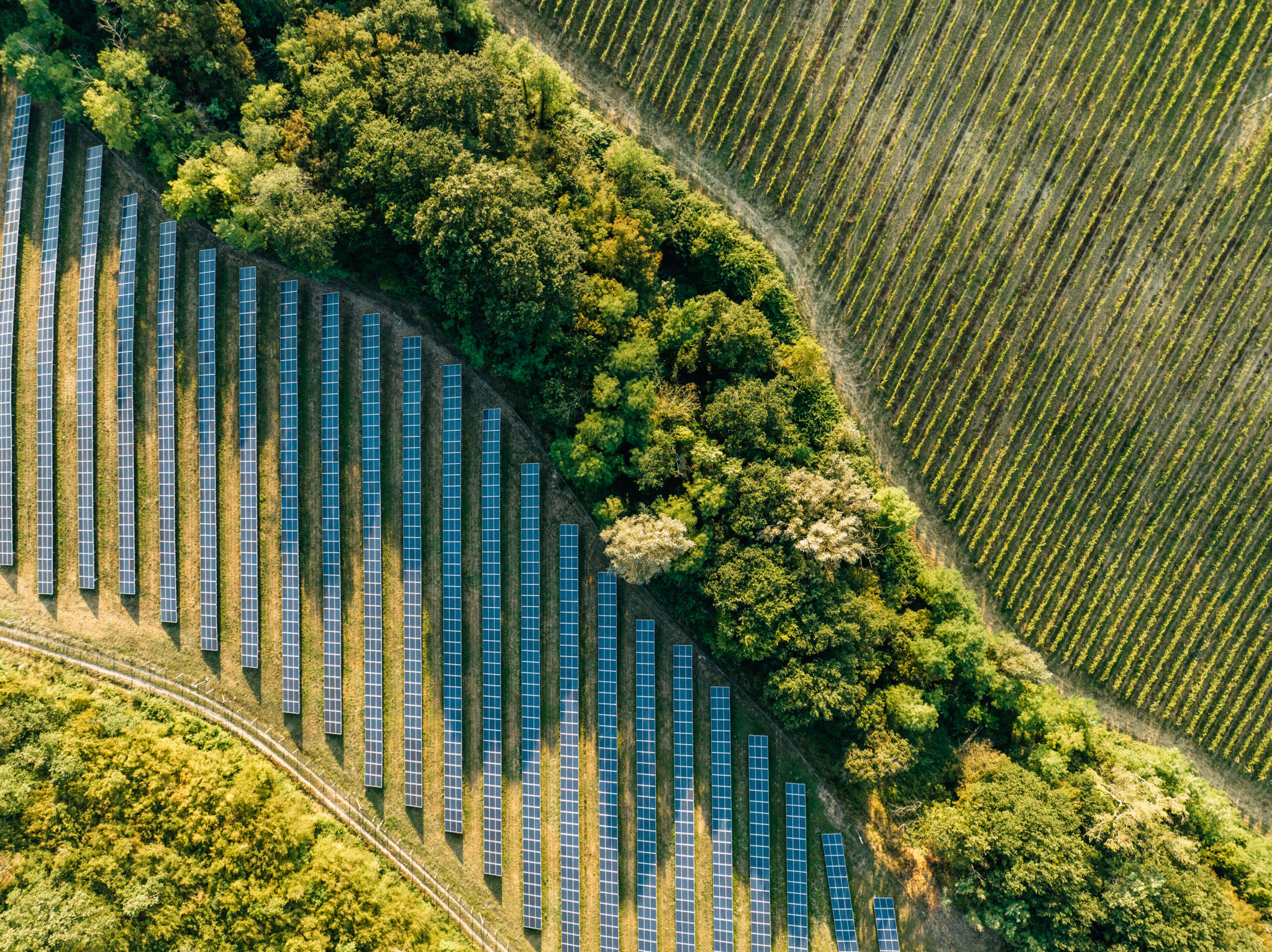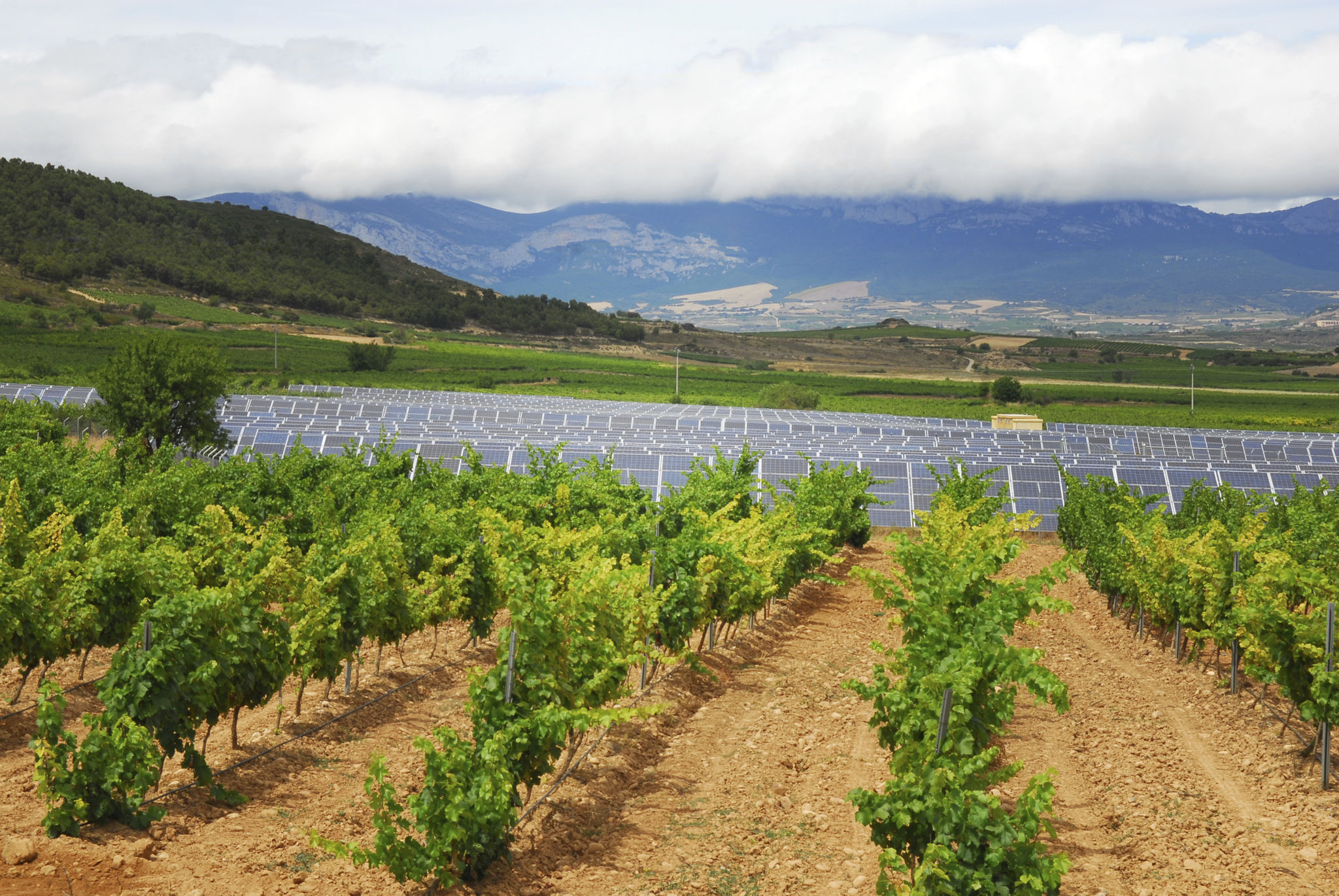A Guide to Sustainable Winemaking Practices in Paso Robles
HB
Introduction to Sustainable Winemaking
In recent years, the wine industry has increasingly embraced sustainable practices to minimize environmental impact while maintaining high-quality production. Paso Robles, known for its diverse microclimates and robust wine culture, is at the forefront of this movement. Understanding sustainable winemaking in Paso Robles involves exploring various techniques that contribute to the health of the vineyard ecosystem.

Vineyard Management
Sustainable vineyard management focuses on nurturing the soil, conserving water, and promoting biodiversity. Winemakers in Paso Robles often employ cover cropping, a technique that involves planting specific crops between vineyard rows. This practice helps prevent soil erosion, improves soil health, and provides habitat for beneficial insects.
Additionally, many vineyards in the region utilize drip irrigation systems, which are designed to use water more efficiently by delivering it directly to the plant roots. This method significantly reduces water waste and supports the vineyard's ability to thrive during dry seasons.

Pest and Disease Control
Managing pests and diseases without relying heavily on chemical interventions is another cornerstone of sustainable winemaking. In Paso Robles, winemakers often use integrated pest management (IPM) techniques. IPM involves monitoring pest populations and employing natural predators or environmentally friendly pesticides only when necessary. This approach helps maintain ecological balance and reduces chemical residues in the vineyard.
Energy Efficiency
Energy consumption is a significant consideration in sustainable winemaking. Many wineries in Paso Robles have adopted solar power to reduce their carbon footprint. Solar panels not only provide a renewable energy source but also help lower operational costs over time. Some wineries have also invested in energy-efficient equipment and lighting to further minimize energy use.

Waste Management
Effective waste management is essential in sustainable winemaking. Wineries in Paso Robles implement various strategies to reduce waste, such as composting grape pomace—the skins, seeds, and stems left after pressing grapes. Composting transforms this organic material into nutrient-rich fertilizer that can be returned to the vineyard soil.
Additionally, many wineries are committed to recycling glass bottles and other materials used in the production process. By prioritizing recycling and composting, these wineries are able to significantly reduce their waste output.
Certification and Community Engagement
Several Paso Robles wineries have sought certifications from organizations like Sustainability in Practice (SIP) or California Certified Organic Farmers (CCOF). These certifications demonstrate a commitment to sustainable practices and provide consumers with confidence in the winery's environmental stewardship.

Community engagement is also a crucial aspect of sustainability. Many wineries actively participate in local initiatives aimed at promoting conservation and environmental education. By fostering a strong community connection, these wineries contribute to a broader culture of sustainability in Paso Robles.
Conclusion
Sustainable winemaking practices are essential for preserving the natural beauty and productivity of Paso Robles vineyards. By focusing on eco-friendly techniques in vineyard management, pest control, energy use, and waste management, winemakers are paving the way for a more sustainable future in the wine industry. As consumers become more environmentally conscious, these efforts not only protect the environment but also enhance the reputation of Paso Robles as a leader in sustainable viticulture.